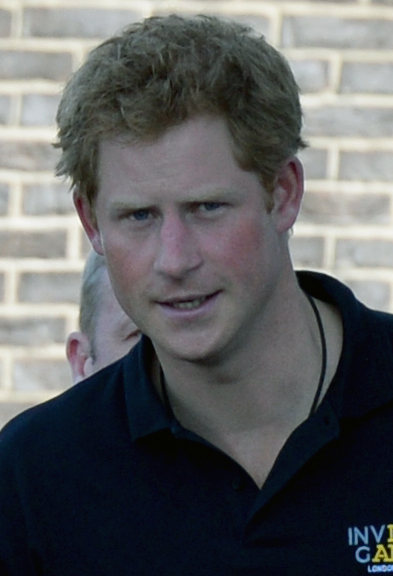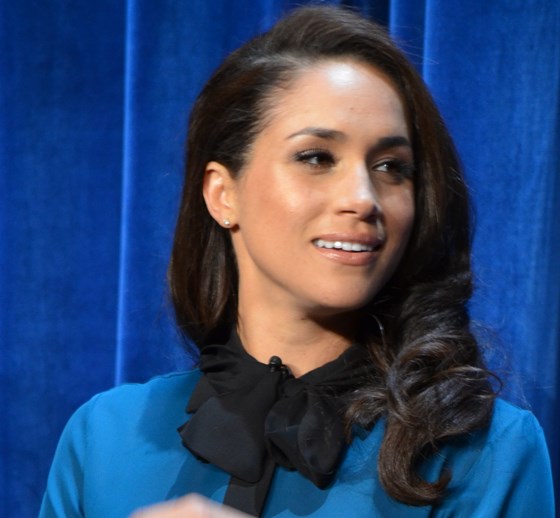Journalism lecturer Tor Clark, from De Montfort University Leicester (DMU) wonders whether there is still a taste for real news in today's media consumers.
Prince Harry’s new girlfriend has captured the headlines in certain sorts of newspapers over the past few days. Not surprising really, there’s not a lot else going on in the world, is there? It’s not as if the whole future of the free world was about to be put at risk or anything like that, is it?

Anyway, we’re not bothered about what happens abroad are we (apart from the fact Harry’s girl is an American, who lives in Canada, so that’s okay). No, there’s not even been any useful UK news, it’s not like the sovereignty of Parliament has been under discussion, or that the most momentous national decision ever to be let through on a 52% margin is about to happen, or even that the person in charge of the legal system in this country and the whole principle of the rule of law has refused to support those upholding those key tenets of democracy.
No, nothing like that has been going on, so it’s fine for us to feast our eyes on the lovely Meghan Markle and attempt to devour any scrap of info that might (or might not, who cares?) be true about her.
[That’s enough, Clark, you can lay off the irony now, we get it – Ed.]
Okay. Point made, but there is a deadly serious side to this. Has the expansion of news led to the trivialisation of news? If the readers of the papers and websites which make this news prominent, spend all their time devouring tittle tattle and gossip, what are they not aware of? If UK news had been of a higher standard, might we have voted differently in the EU referendum on June 23?
Old Marxists have a bit of a downer on the UK popular press. They say (and I over-simplify for effect) the fact the tabloid press is full of such meaningless tosh and the masses lap it up so willingly, means the masses are being distracted from finding out about the things that really matter to them in their lives, or worse are being deliberately misled by media distortion in a system run by mega-rich tycoons with the own agendas which may or may not be in the best interests of the UK generally.

Of course no-one forced eight million people to devour the News of the World every Sunday in its heyday or four million people to buy The Sun every day in its pomp in the 1980s. Even the old Marxists can’t deny it was popular stuff, but should it have been? They never really had a good response to that argument. Tony Benn used to suggest the state could run or sponsor a newspaper to tell proper news. That would be fun, wouldn’t it?
It is a conundrum. Prince Harry is the grandson of a monarch, he was once the third in line to the throne. He is destined to be the son and brother of a king. The arrival of Prince George and Princess Charlotte have moved him down the pecking order to fifth in line to the throne, but he’s still very much a public figure.
I have to say I know very little about Ms Markle. She seems very nice and I hope they are very happy together. Yes, the fact Harry has a regular girlfriend is news because one day she could be a princess, but in a rather old-fashioned way, after I’ve been told that, I don’t need to know any more. (And as someone who gets most of his news from Radio 4, I hadn’t been told about this before yesterday).
But the power of the market, the insatiable desire of the public to know more about the trivial and the inane will drive this story forward and give some credence to the old Marxists. Big stories dominate when they break – check out all the news today – and then we return to the usual mix. I suppose there is some comfort in the fact lots of people still watch good TV news, listen to detailed radio news and enjoy serious news in depth in quality newspapers. But more of them would probably prefer to find out more about Harry’s girl. What does that say about us as a society?
Tor Clark is Principal Lecturer in Journalism at De Montfort University in Leicester. He has worked as a journalist in regional newspapers and broadcasting and national magazines for 30 years.
Posted on Wednesday 9 November 2016